Transition Information
Information for parents of children currently in year 2 or for those children joining us in year.
Welcome to Almond Hill Junior School
We know that sometimes when we are starting something new it can feel a bit scary. We hope our film will show you that although it will be a bit different here than at your previous school, it will be just fine with nothing to worry about.
Please follow the links for more information regarding school uniform, meals and admission forms. You can contact us at the office if you have any questions regarding your child's transition. We would be more than happy to help.
'At first I was so nervous to come to year 3 in a new school, but after I had the first visit and I met the teachers I knew everything would be alright.'
Year 3
'As we are the oldest children in our school we all have our duties. This is one of my favourite things because we're role models for the younger children.'
Year 6
Joining Almond Hill in Year 3
Coming into a new school setting with new adults and unfamiliar surroundings can be overwhelming. Whilst we have lots of provision in place to support your child as they transition into Year 3, we would also recommend this is supported further at home by implementing and encouraging good, consistent routines for children. This includes appropriate bedtimes and get up times, regular hygiene routines, daily reading time, monitoring of time on electronic devices and encouragement to be independent. Home routines will support your child in a smooth transition and enable them to achieve optimum learning experiences.
Admissions Forms
Our admissions process is now paperless. When you join our school, you will receive an email asking you to join Arbor. An account will be set up for you based on the information transferred to us by your child's previous school. Once you have followed the instructions on the email and logged in, please view and update your emergency contact details and medical/dietary information about your child. If you see 'other' in the medical condition section, this means there were details of a medical condition at your child's previous school. Please click on this to provide details of the condition or remove if it is no longer relevant.
You will be asked to give your consent for various things through the app but please read the information on our website for additional information before completing this section.
https://www.almondhill.herts.sch.uk/consent
Medical and Diet Information
It is very important that you inform us of any medical needs your child may have so we know how best to support them.
If you are providing packed lunches for your child, they must not include any nut products.
If your child has a food allergy or intolerance, you must inform the school so we can update our records. If your child has an allergy that requires them to have a special menu then you need to apply via the HCL website. We are unable to provide a school dinner until this has been done. We advise you to apply for the special menu even if you intend on providing a home packed lunch as you will not be able to order a school dinner at all, including Christmas dinner, if the special menu is not in place.
Social Story
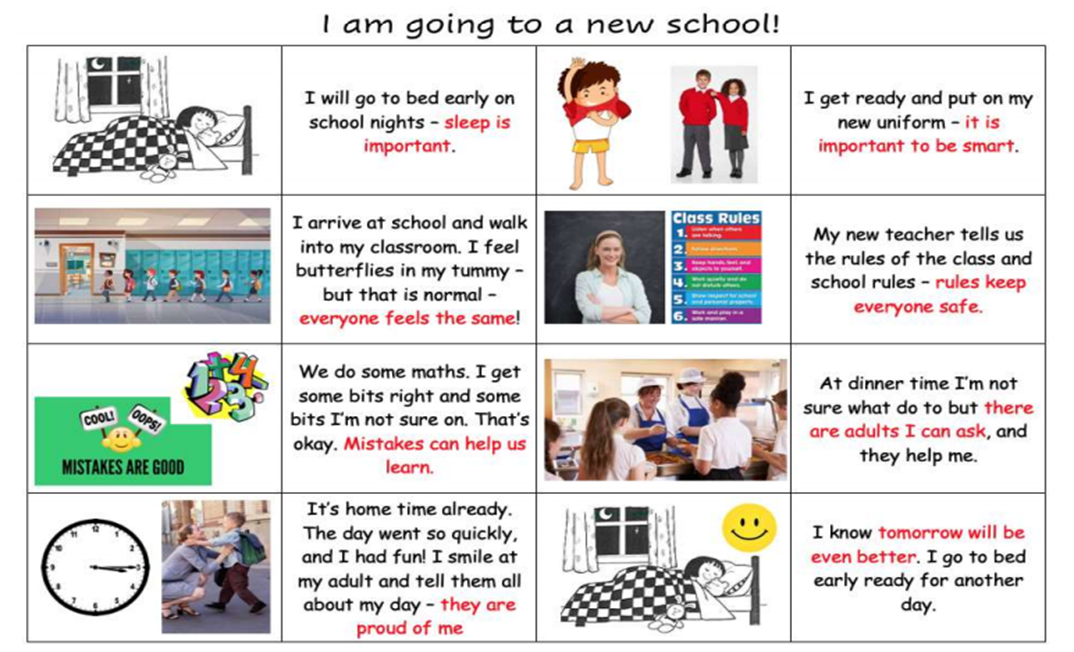
School Meals and Snacks
We want all children to eat healthy snacks and lunches. Many of our children have school dinners or a school packed lunch. As a ‘healthy school’ we promote a balanced diet. We also encourage parents whose children have a packed lunch to consider nutritional balance.
Parents are welcome to come and see the selection of meals provided and in the autumn term, we invite you to have a school lunch with your child.
How do I make payments?
The school has the facility for parents to make payments and pre-order meals online using School Grid. School meals must be paid for in advance. Please ensure you include an up to date email address on Arbor to enable you to use School Grid.
Free School Meals
In Junior school, school meals are not funded by the government, but your child may still be entitled to a free school meal. It is easier than ever for families to apply for free school meals. Applicants do not usually need to provide paper proof of benefit and there have been significant improvements to the renewal process, so that all the checking goes on in the county council without the need to ask parents to renew. If you think you are entitled to free school meals, then you can apply online at www.hertsdirect.org/freeschoolmeals
Coming to School
There are 350 children arriving and leaving our school every day. So, if you are able to walk, scoot, or bike that would be best. Children in the lower school must be accompanied whatever mode of transport you choose. They must wear a bike helmet when cycling to school and we do have a bike shed on site.
In the interests of the safety of all our children, we expect you to observe the parking restrictions when dropping off or collecting your child in a car. Please can you make your child aware that the raised area outside of the school is not a pedestrian crossing. At the end of the day, the school gate area is very busy.
If you park in the ‘drop off' zone at the end of the day, it must be in one of the marked bays. You may not park on the access roadway around these spaces. Adults who park in one of the allocated parking spaces at the end of the day need to get out of their cars and walk to collect their child. The ‘drop off’ area is for vehicle entrance/exit only NOT for pedestrian use. I am sure like me, you wish to keep our children as safe as possible. I hope the guidelines are clear enough for all parents/carers to follow. If you have any queries or concerns about the use of the drop off, please contact me.
All gates are locked during the school day. Access is by the main pedestrian gate and main vehicle gate through a buzzer system.
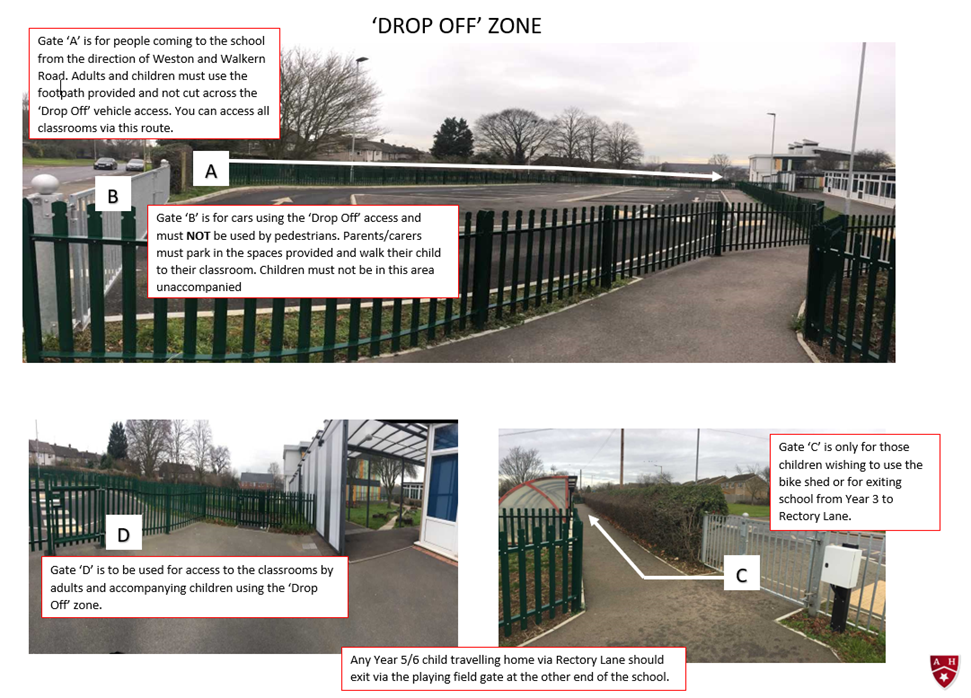
Home Learning
We believe it is important for children to do some home learning every day to support learning in school, extend learning and to enable children to undertake personal research. The school recognises that parent view of Home Learning will vary. Our policy has taken note of the very wide range of parent views with aim to providing a balance. Home learning ia hand out on a Thursday and expected for return by the following Thursday. Home learning reviews learning that has taken place in the class. There are 3 levels; age related, which more children complete, an easier version for children with particular educational needs and a voluntary extension task for those that want a challenge.
We expect children to read with an adult regularly, every day if possible. Reading with an adult is vital even when your child becomes a fluent reader. Please continue reading to them even when they become independent readers, so they have opportunity to discuss the text they are reading. Whilst children will have favourite authors, please encourage them to read a range of genres. If your child is reluctant to read — encourage reading from any (age suitable) material e.g. newspapers, magazines, adverts, instructions on packaging etc. The school promotes the national annual Summer Reading Challenge organised by local libraries and arranges its own reading challenge annually.
If a child does not complete their home learning on a regular basis they will be kept in for a short while during lunch time to do so.
If your child experiences any difficulty with their home learning, we ask you to inform the class teacher. We do not expect children to struggle on with an activity they are not fully sure of. If you have given your child significant support with their home learning, please send a note in to the class teacher.
You can help your child with their home learning by:
- providing a quiet working place;
- setting a regular time for home learning;
- taking an interest, but letting your child do the work herself or himself;
- letting us know if your child has a problem with the work;
- ensuring online safety agreement for remote learning is adhered to.
The school seeks to help parents to support their child’s learning at home and offers workshops and information meetings to keep you fully informed of current practice.
Home learning will usually comprise of a spelling and reading activity (see below) plus sometimes another task dependent on current learning. We also have an expectation that times tables rehearsal will be embedded into your home routine. Children who are secure in times tables are best placed to problem solve and access maths learning across the curriculum. At Almond Hill, we use TTRockstars to help children have fun with learning their timetables. Your child will be given a log-in for this, and you can log on at home and participate in different battles and challenges against school friends and even teachers! Children get to choose a ‘rock name’ and through their playing they can earn coins which they can spend in the online ‘shop’ where they can buy new outfits and accessories for their avatar.
Reading
Reading plays a pivotal part in your child’s learning experiences at Almond Hill. We recognise the undisputed positive impact that being a good reader and being exposed to a broad range of high-quality texts, can have on your child’s learning and achievement. We strive to ensure our teaching of reading supports our belief in the value of books. We have therefore devised a set of core reading principles that are implemented across the school. These are our values of reading and support both children and staff in assessing the quality of teaching and learning in reading. We believe that when these principles are met — great learning in reading is happening.

|
For Adults |
For Children |
|
Children have extended opportunities for reading both independently, in pairs and in groups. Children are engaged in reading and get enjoyment from books. |
‘Read read read!’ |
|
Children can use retrieval skills and answer ‘find and retrieve’ questions based on what they have read. Children have a literal understanding. |
‘Find it!’ |
|
Children infer. They can use a combination of knowledge from what they have read and their own prior understanding to support their inferences. Children are able to link their ideas and find evidence from the text to support them. |
‘Use the clues!’ |
|
There is opportunity to explore new vocabulary. Children are able to make suggestions for meaning. They can use what has been read and context of a text to make a judgement on vocabulary. They may go on to use in future learning. |
‘Ooooo that’s new!’ |
|
Children make links to other texts they have previously explored. This might be from both fiction and non-fiction books of from home or school. Children may find links between authors and their styles of writing. |
‘I’ve seen this before!’ |
|
Teachers are enthusiastic and enjoy reading. Teachers use expression and engage the children in the reading process. Teachers model the reading process and embrace and encourage a love for reading amongst children. Teachers are passionate about books that children discuss. |
‘Our teacher loves reading!’ |
|
Children understand the purpose of their class reading river and refer to it when applicable. Children can discuss the journey of reading they have taken and recall the texts and learning to link them. |
F‘Reading Rivers rule!’ |
FAQs
Where do the children eat their lunch?
Children who are having a school dinner will eat their lunch in the dining room. If your child has a packed lunch with them, they will eat in one of the Year 3 classrooms. In warmer weather, the children are allowed to eat outside, which they really enjoy.
What is the uniform?
We have standardised our uniform over recent years and information on what our expectations are for uniform, can be found on our website: www.almondhill.herts.sch.uk/schooluniform
On the days that children have PE, they wear their PE kit to school. There is no need to bring a change of clothes. At Almond Hill, we believe that children should be smartly dressed and wearing the appropriate clothing for school. With that in mind, we have thoroughly researched the cost implications for our requirements. We do not wish parents to be overly burdened by the cost of uniform. Whilst it is possible to buy branded uniform from Smartys in the town centre, we are equally happy for the uniform to be sourced from local supermarkets.
We also hold monthly pre-loved uniform sales after school for families. If this is something you would be interested in before your child starts with us, please get in touch.
Are children provided with snacks/milk?
Unlike in Key Stage 1, children in Key Stage 2 are not provided with a snack or milk. This means that parents/ carers will need to provide their child with a healthy snack for them to have during break time. The children eat their lunch at 12:15pm so it is important that they have a healthy, nutritious snack to keep them going until lunch. The school has a ‘no nut’ policy so please ensure your child’s snack does not contain nuts.
Will I need to apply for free school meals?
In Junior school, school meals are not funded by the government but your child may still be entitled to a free school meal. It is easier than ever for families to apply for free school meals. Applicants do not usually need to provide paper proof of benefit and there have been significant improvements to the renewal process, so that all the checking goes on in the county council without the need to ask parents to renew. If you think you are entitled to free school meals, then you can apply online at www.hertsdirect.org/freeschoolmeals
You will need to apply for this once your child has left Letchmore Infants in the summer and before they start at Almond Hill in September. If you need any more information about this, please contact us.
Can my child be collected by their older sibling?
Some parents may be comfortable with older siblings collecting children from Year 3 and 4. This is a personal decision and one that we will allow providing parents have made us aware beforehand in writing. We would advise this is not done in the first term to allow children to get used to their new school.
Do you offer wrap-around care?
Yes! Just like at Letchmore, Premier Education provide the wrap-around care at Almond Hill.
Do you have a PTA?
We sure do! As one year group leaves, so do their parents so we always have room on the PTA for new volunteers. If this is something you are interested in, please email foah@almondhill.herts.sch.uk or look out for upcoming events on our weekly newsletter.
Photos of our School

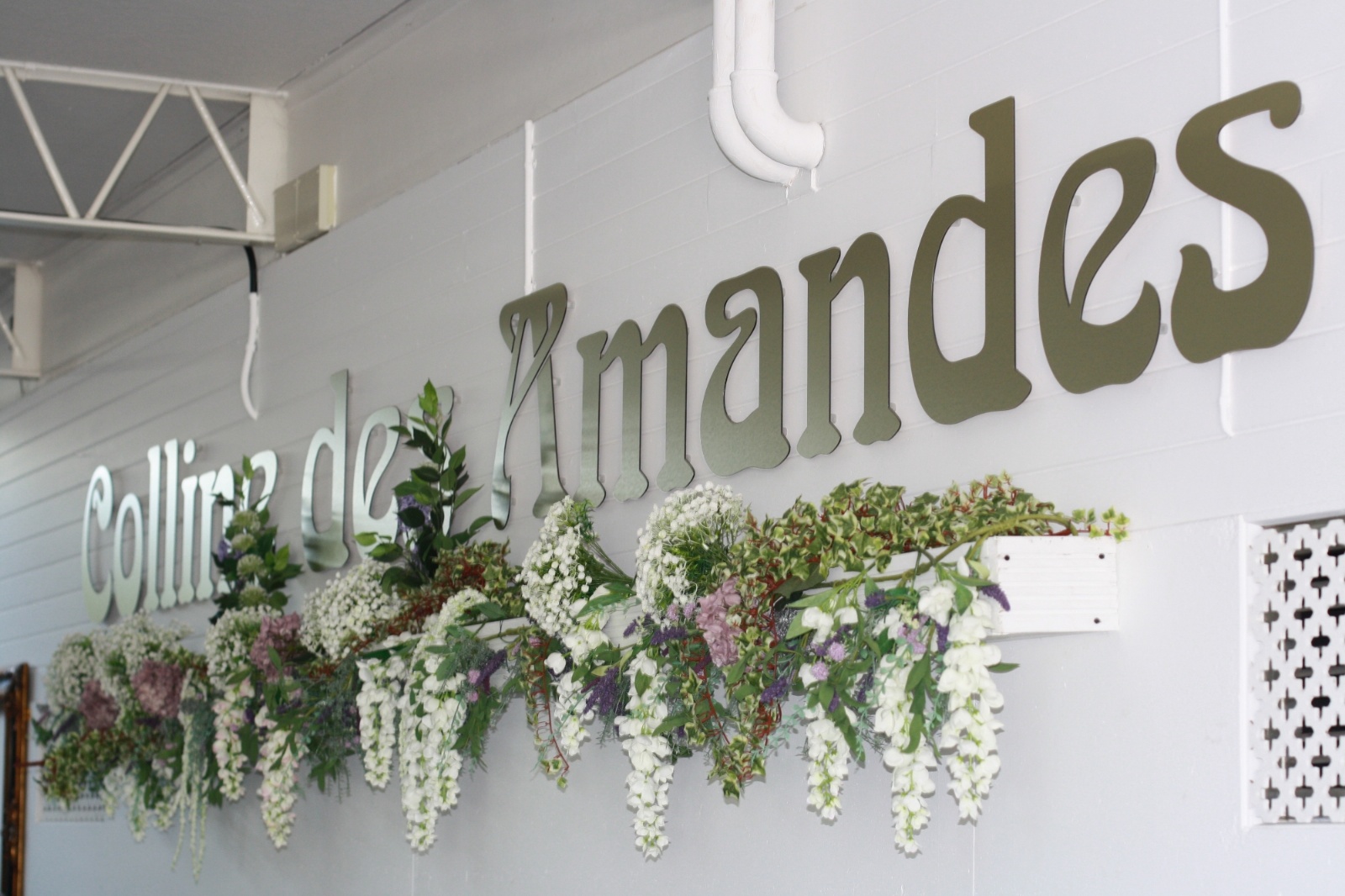
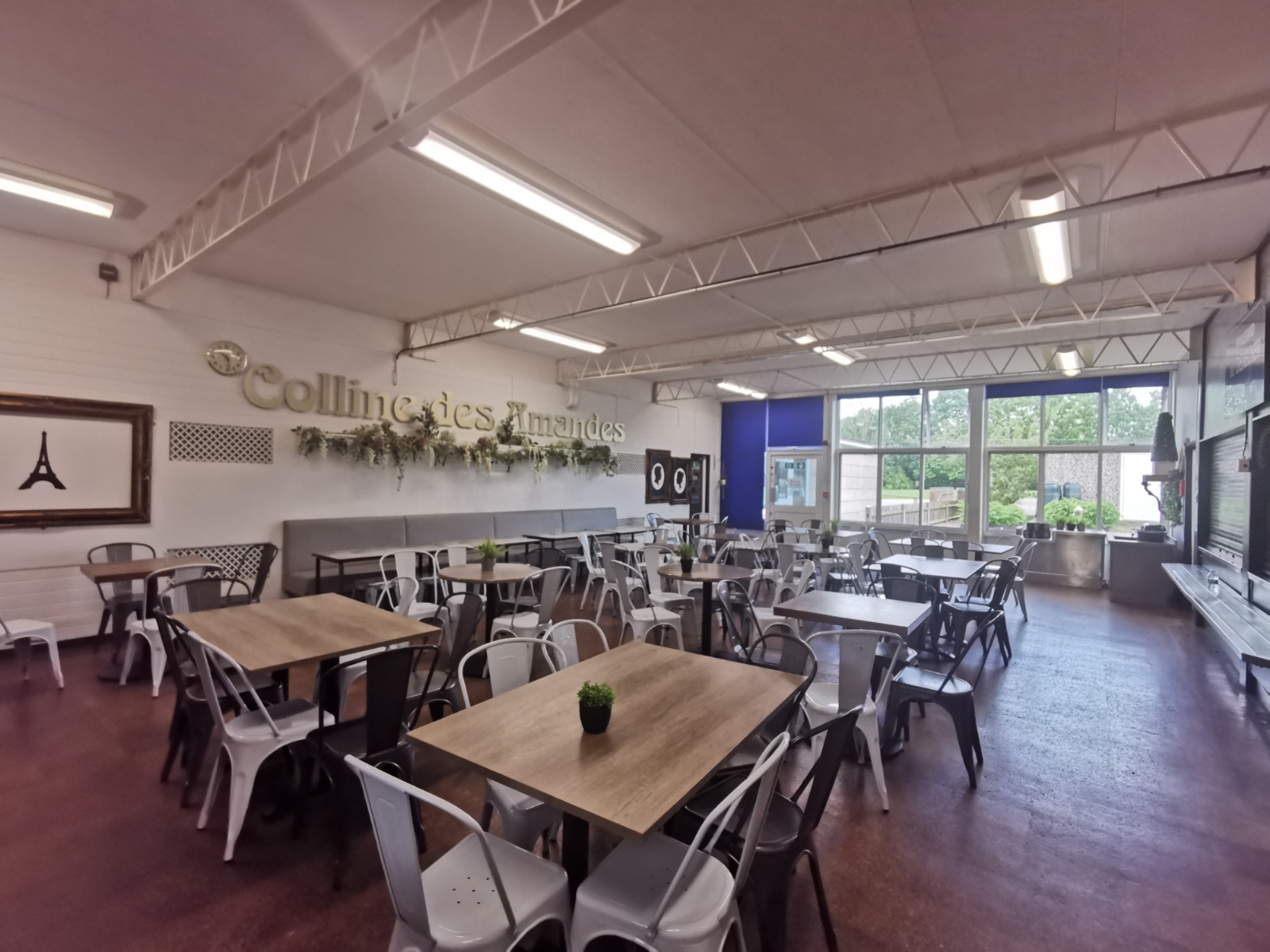
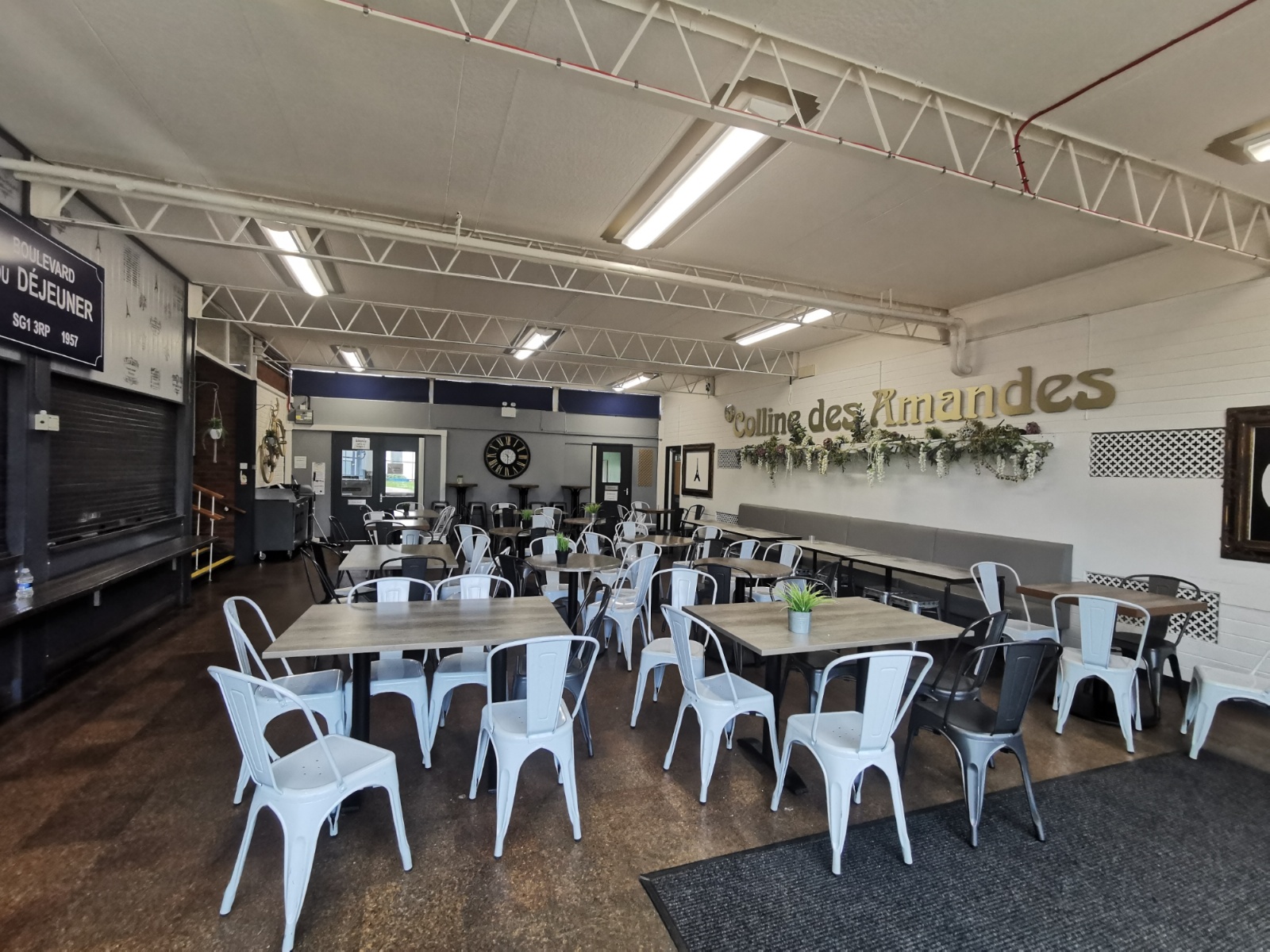
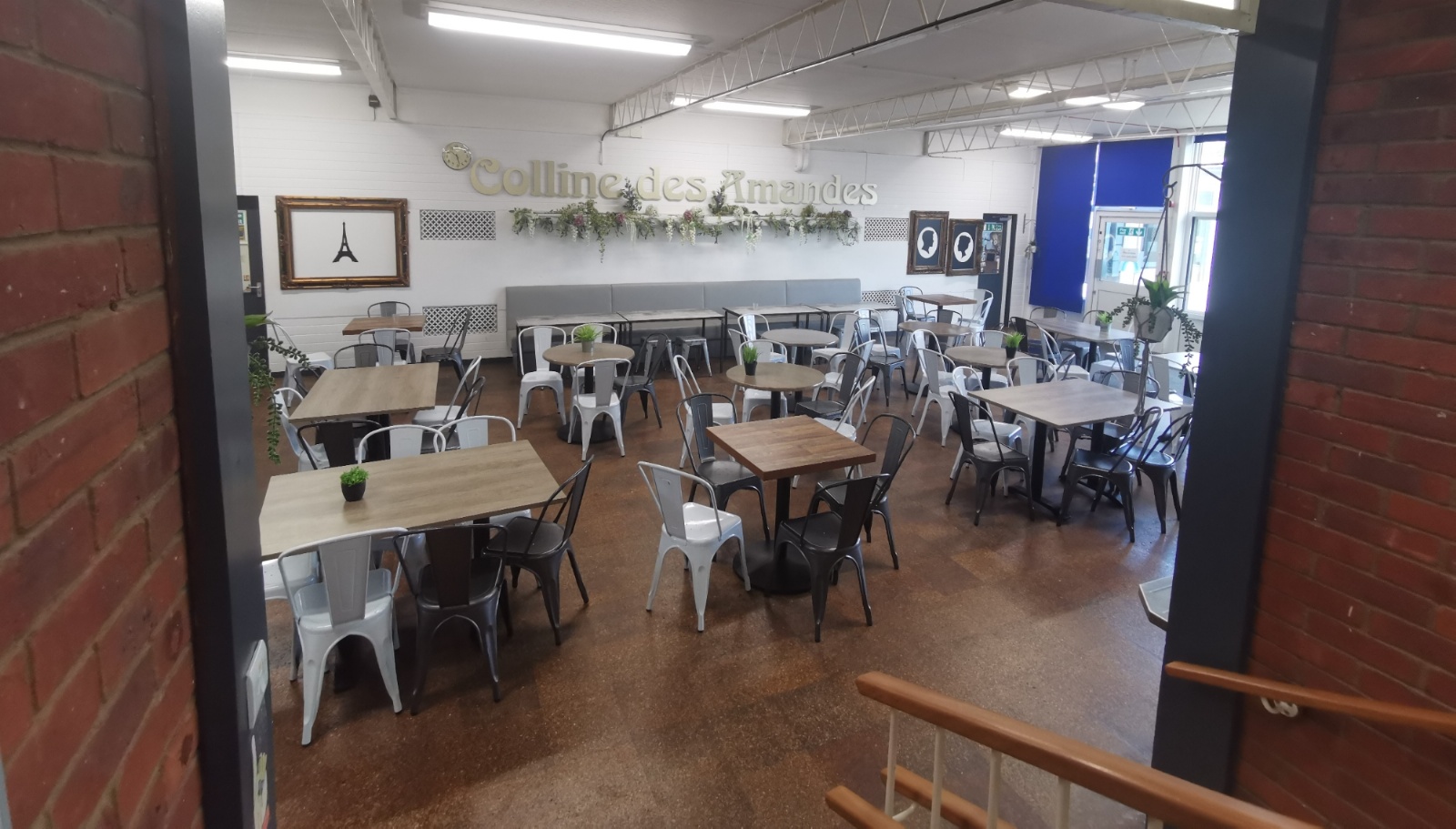
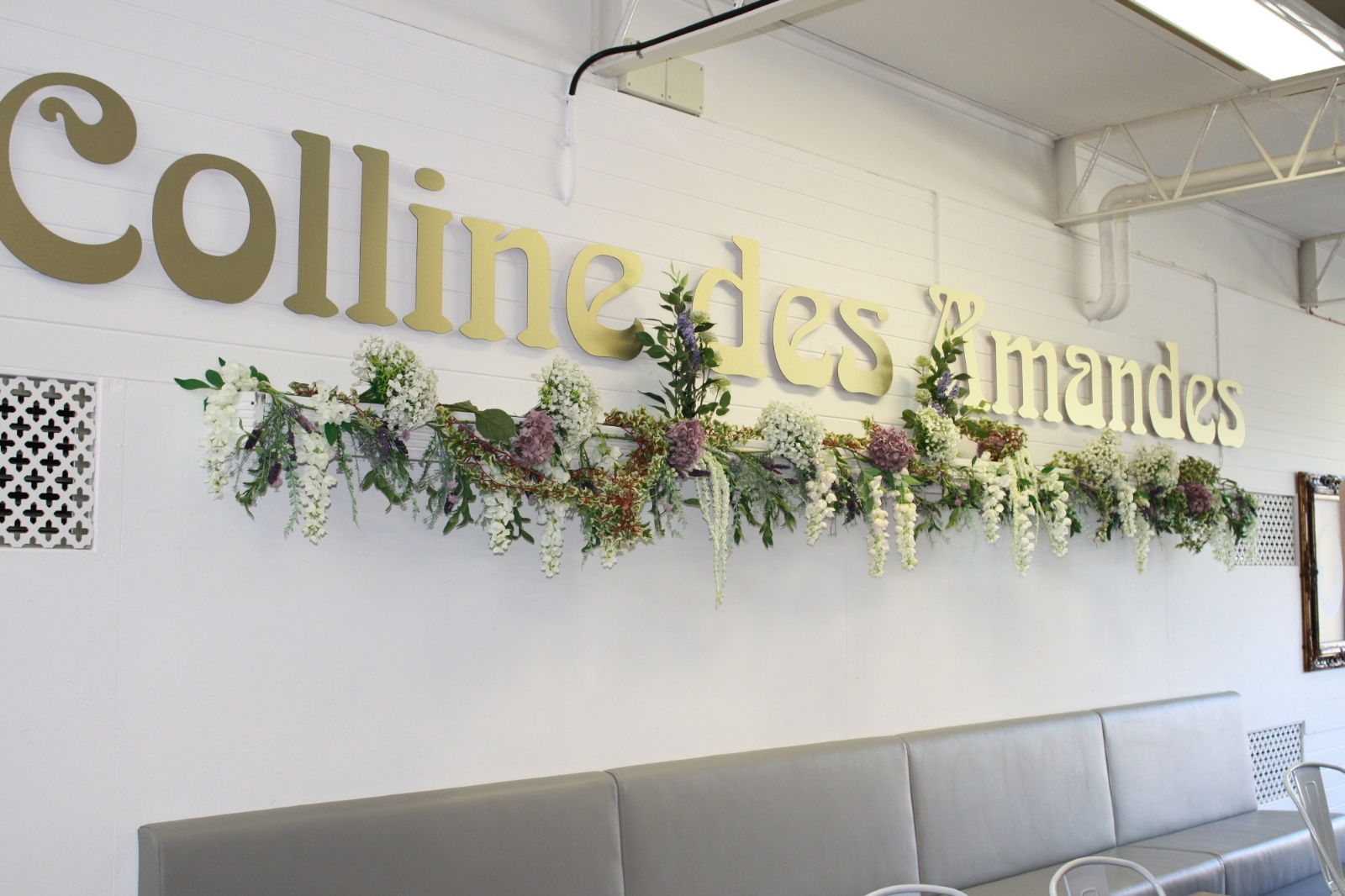
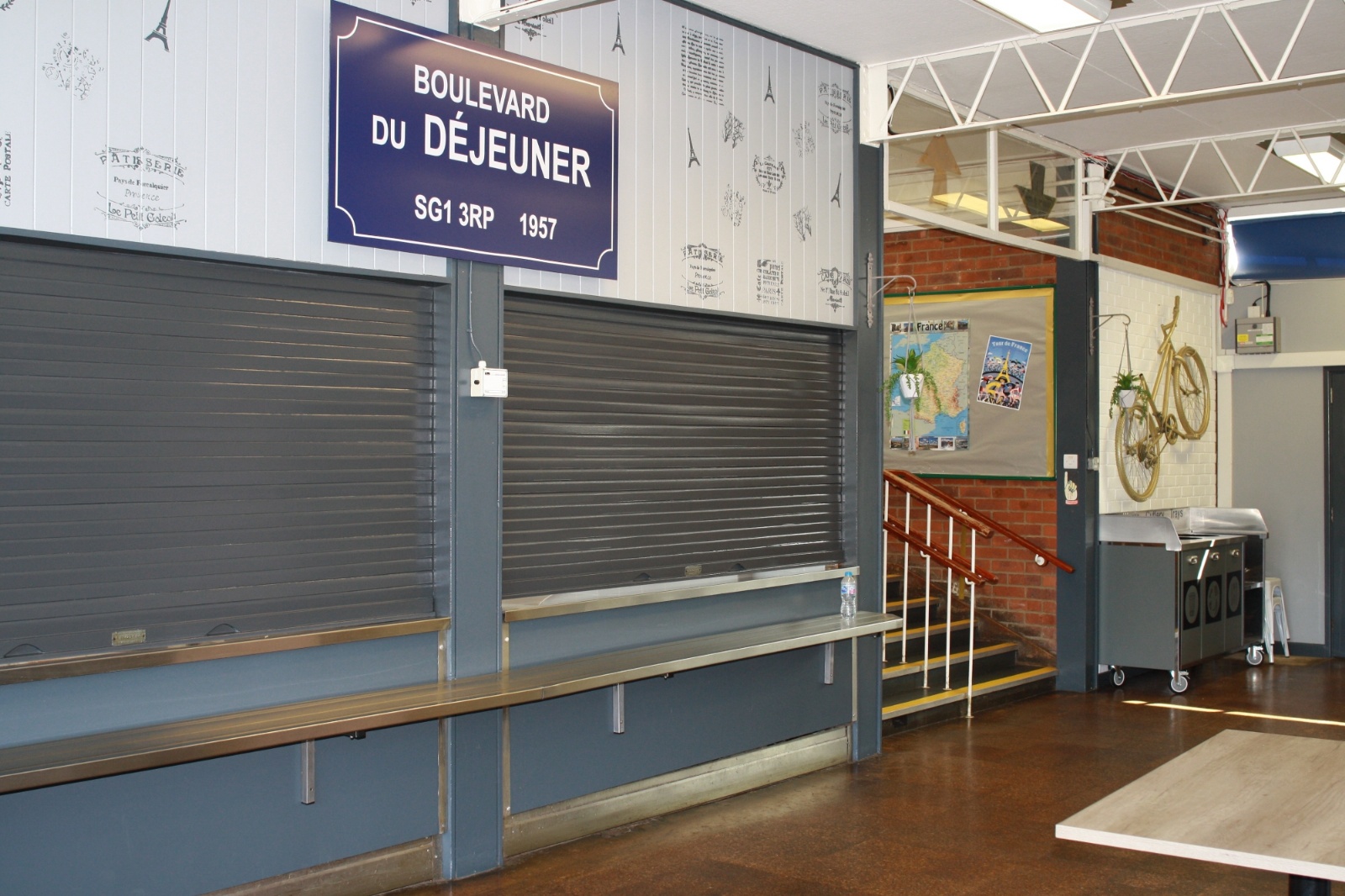
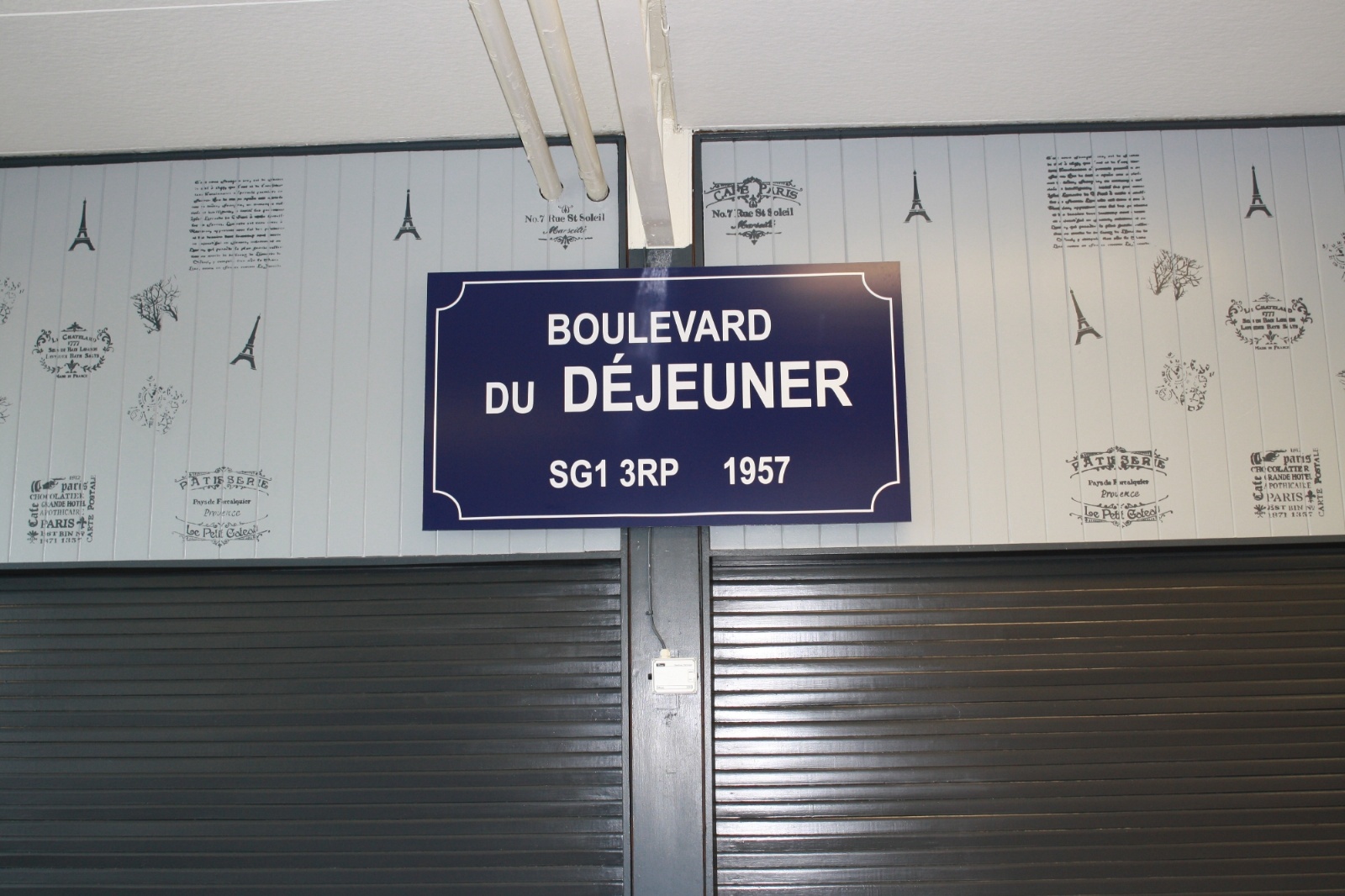
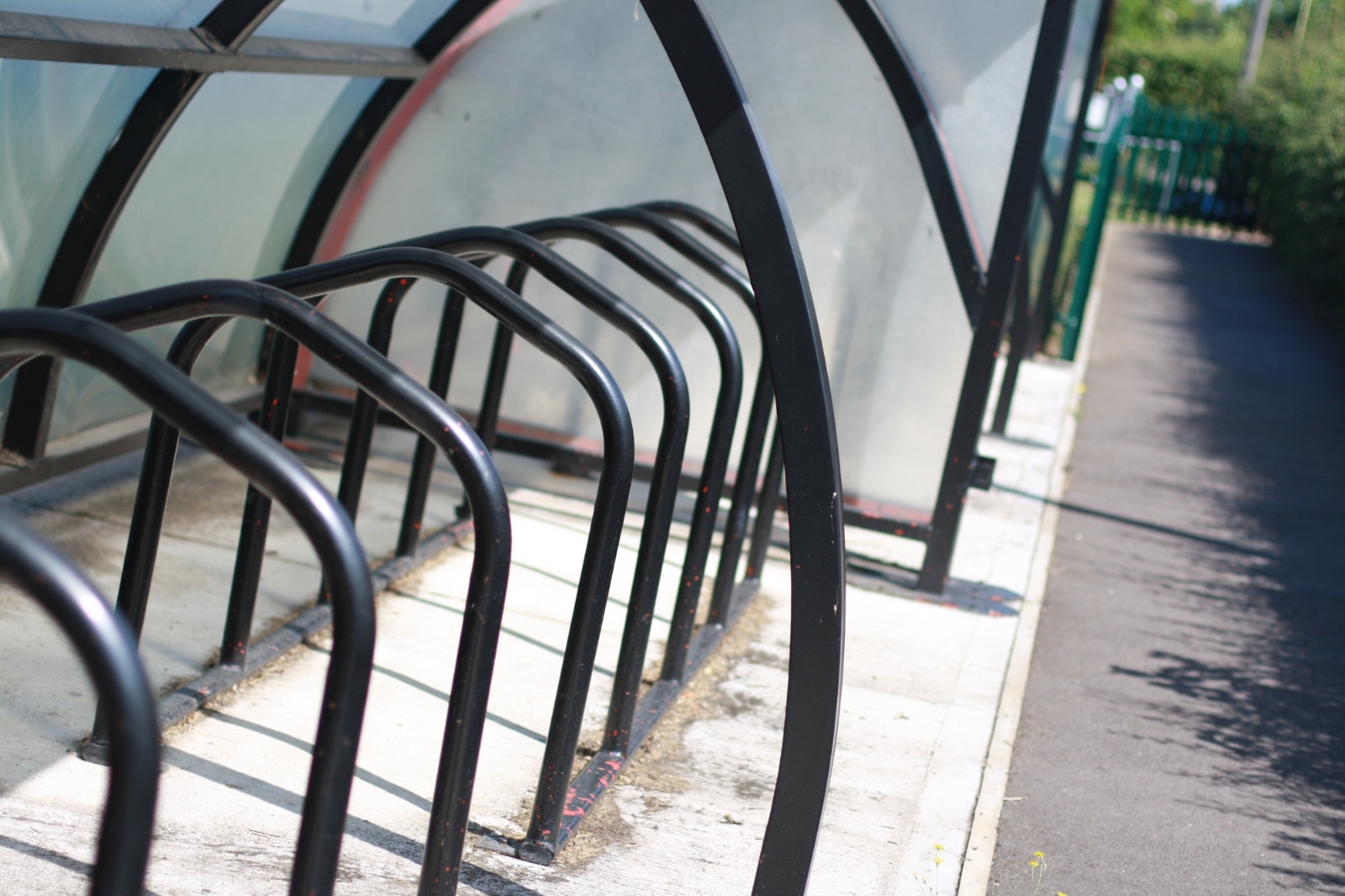
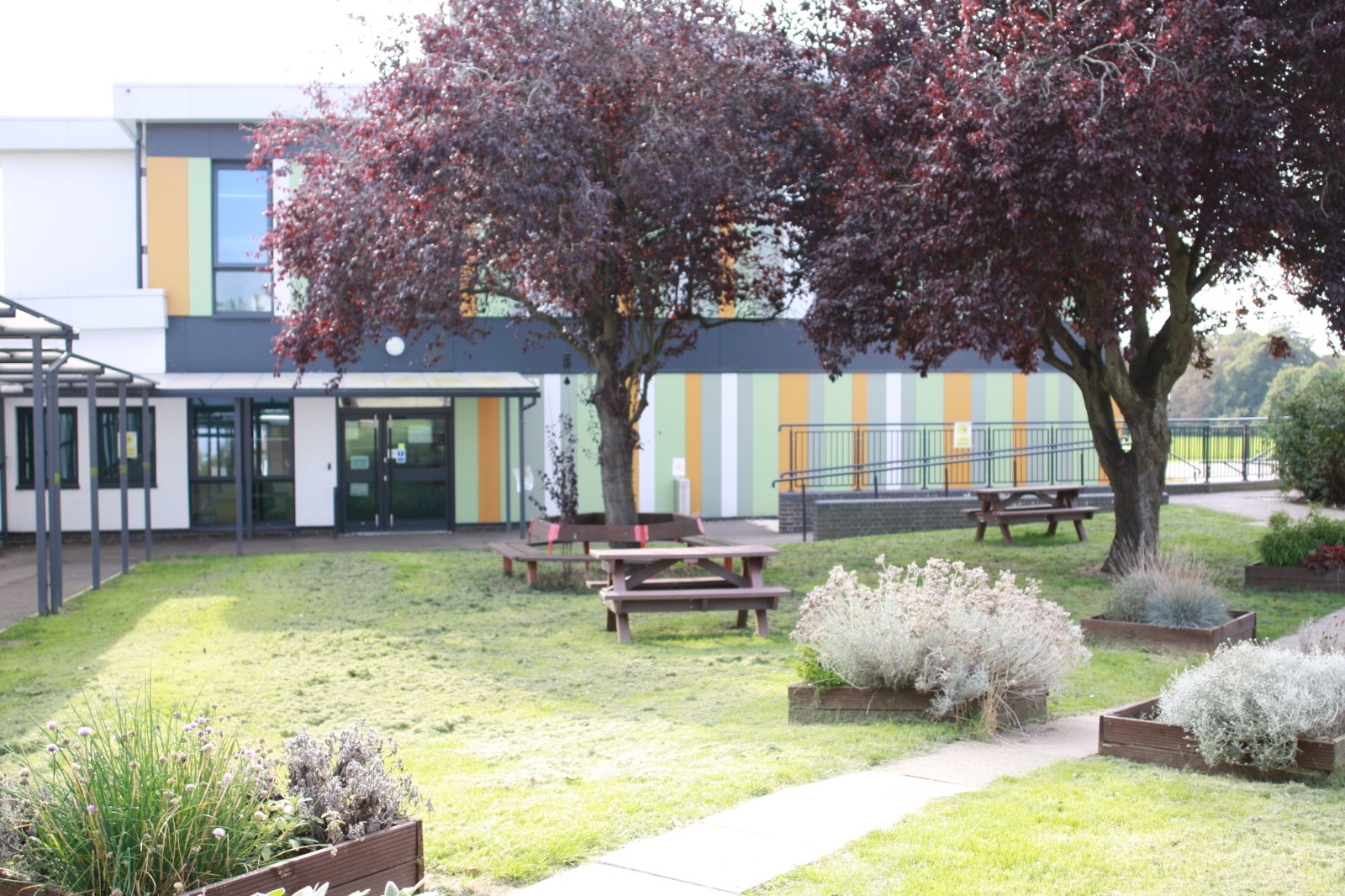
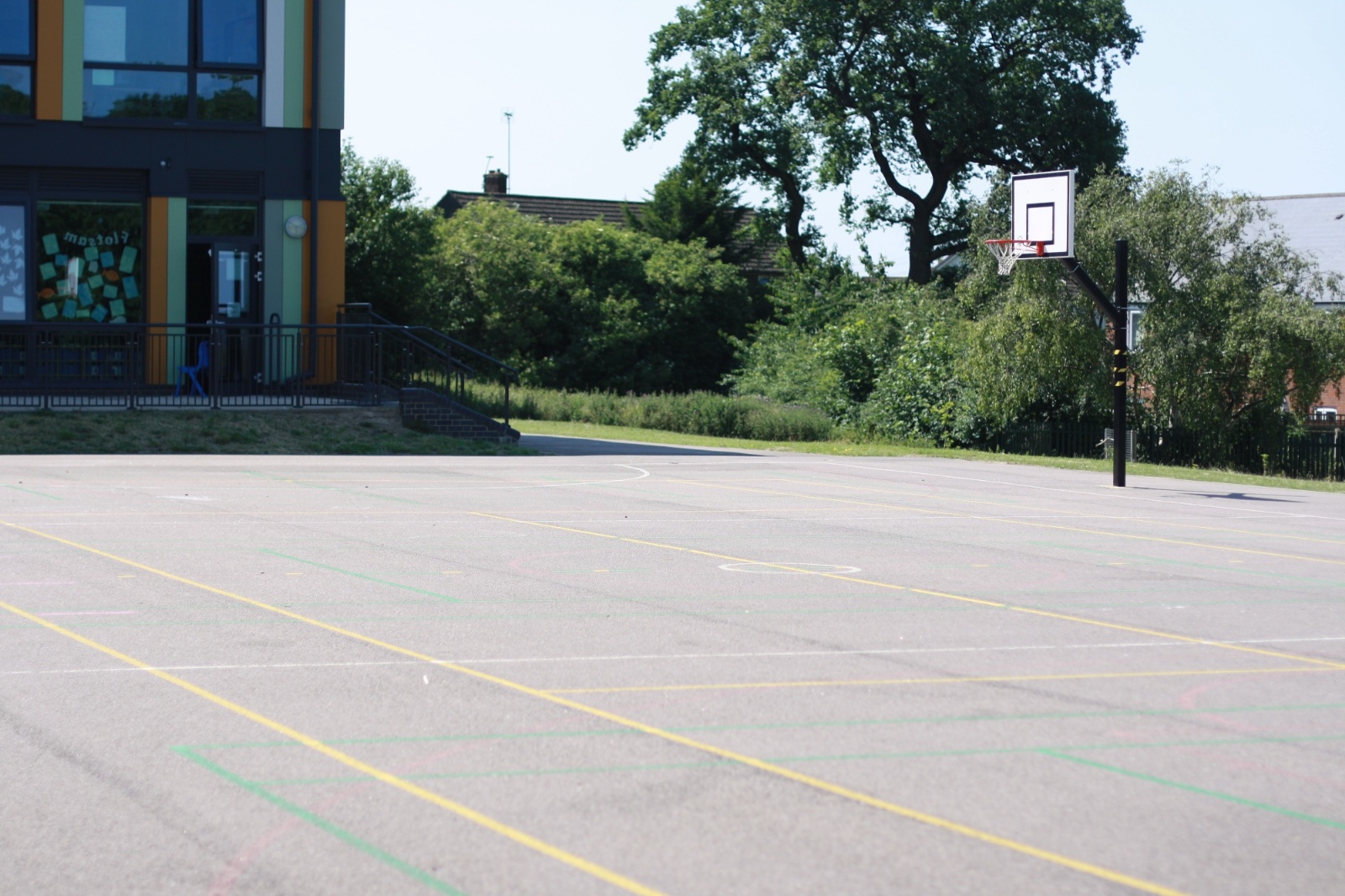
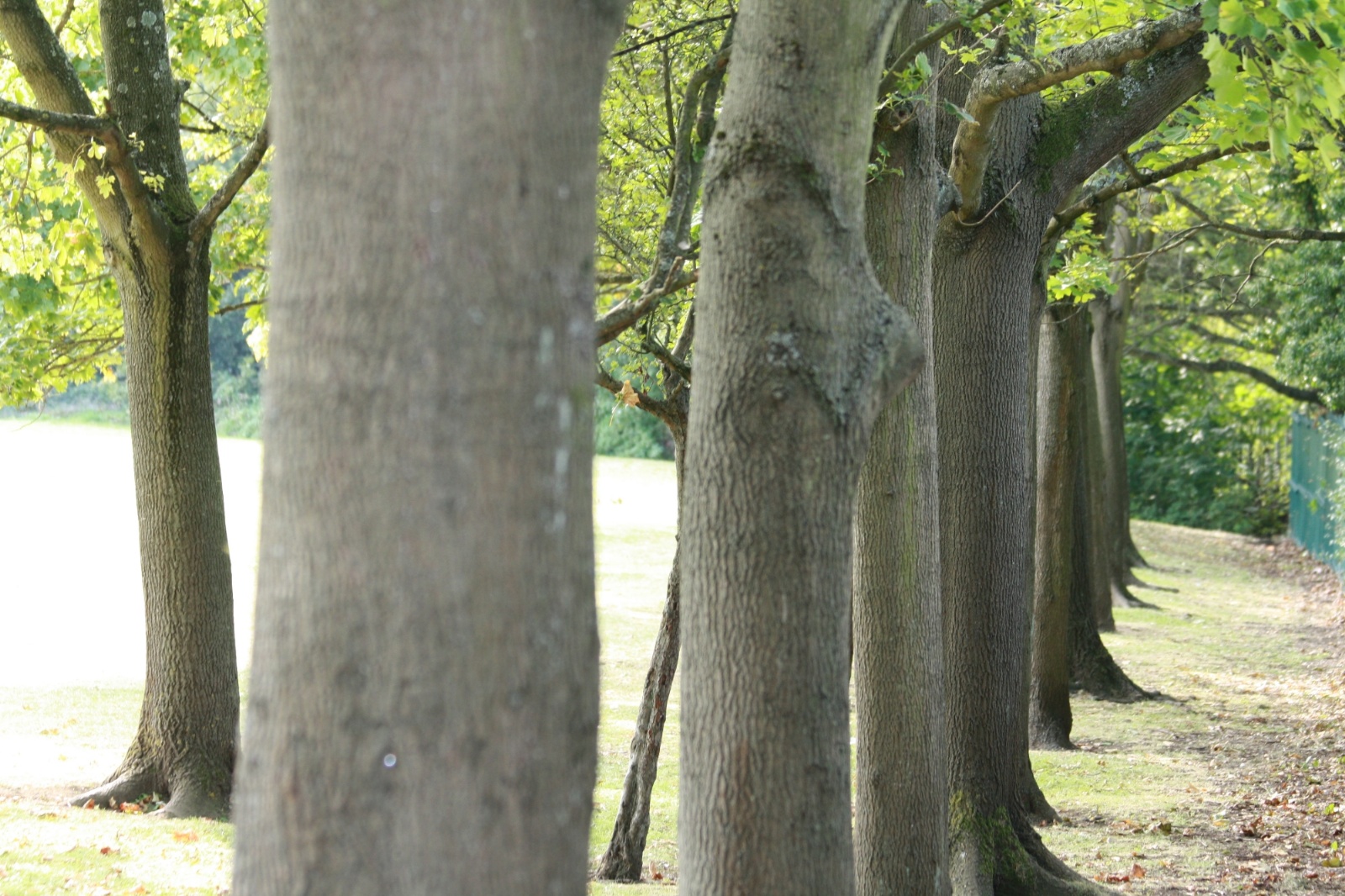
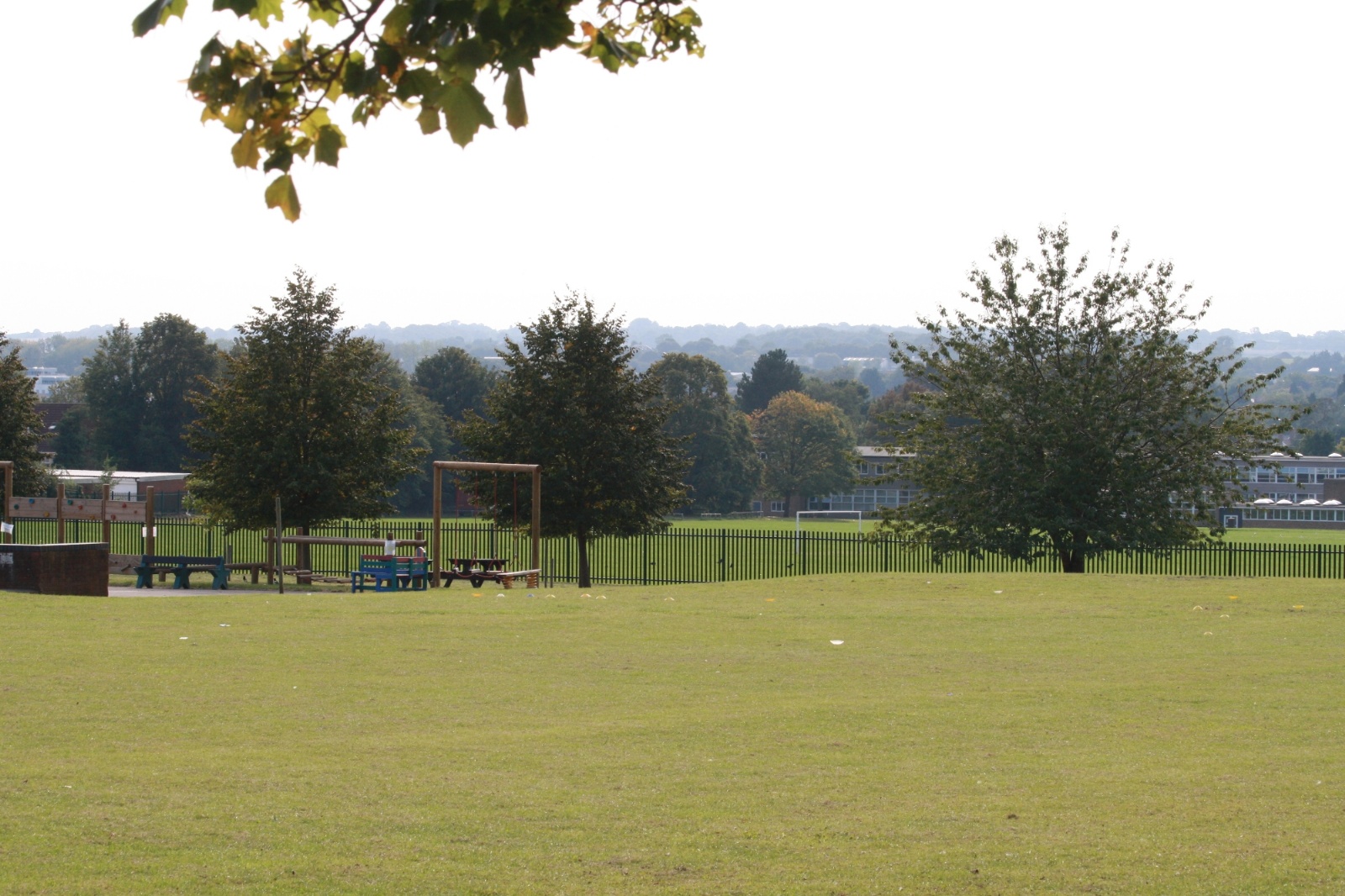
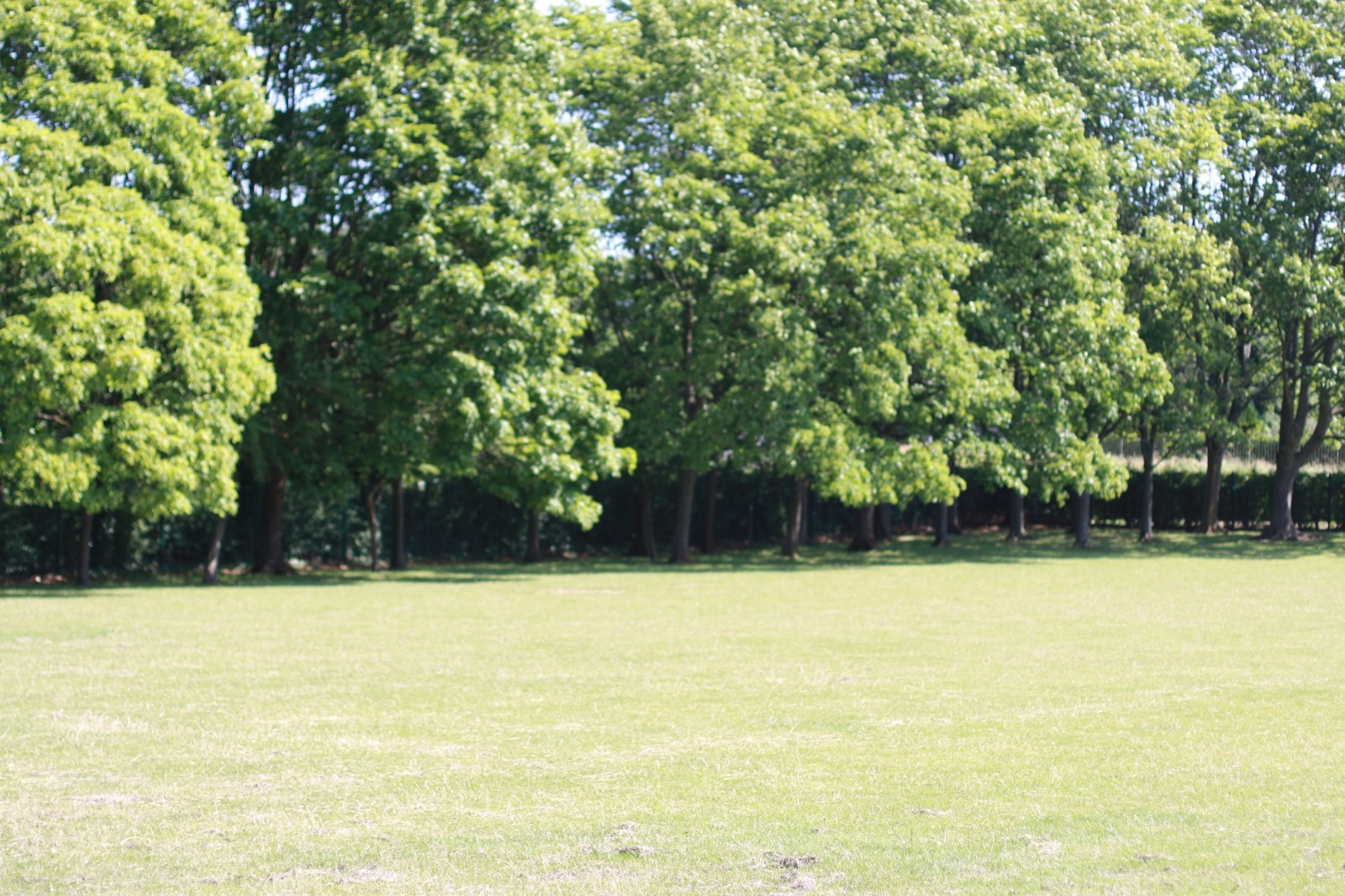
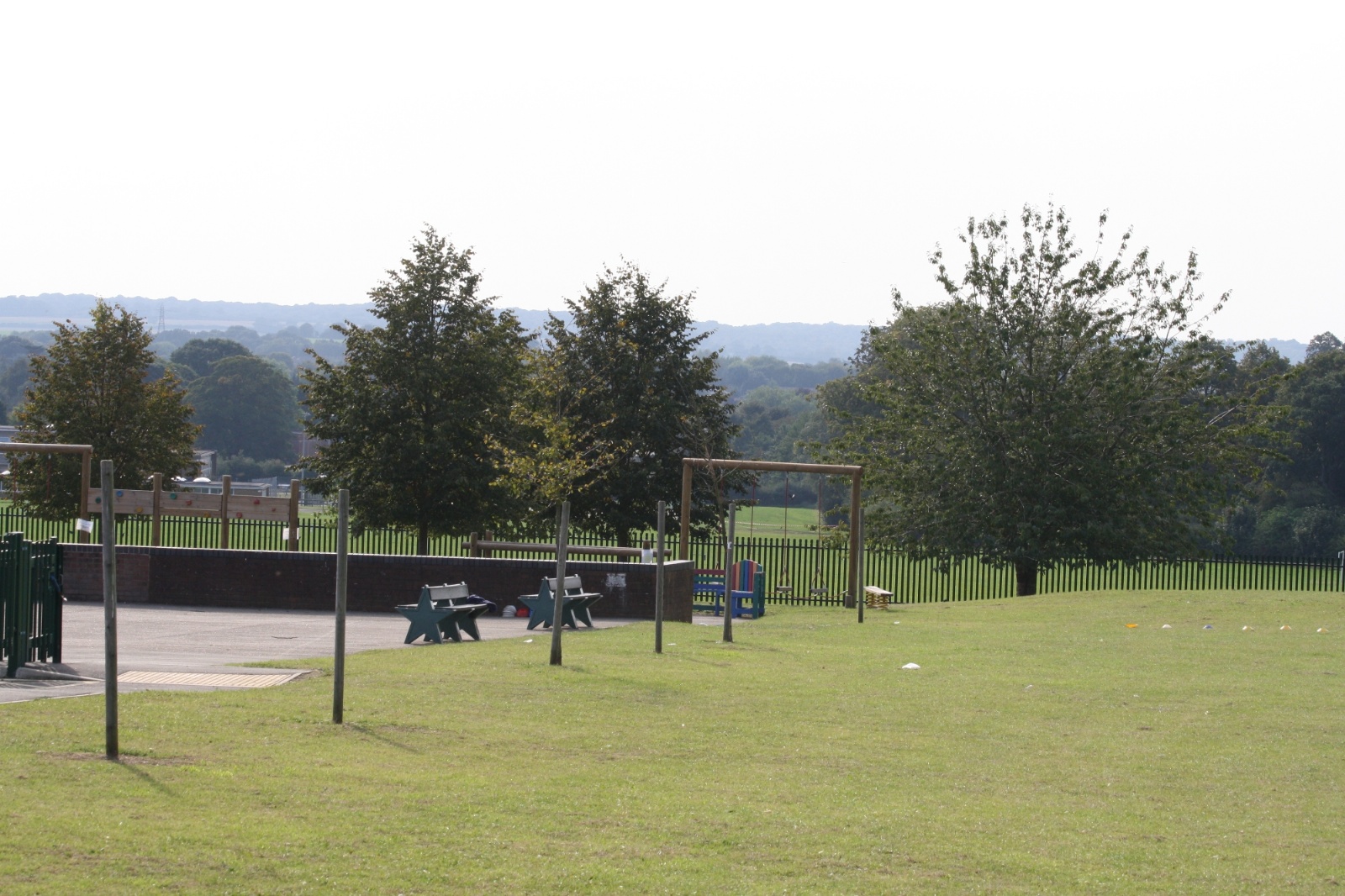
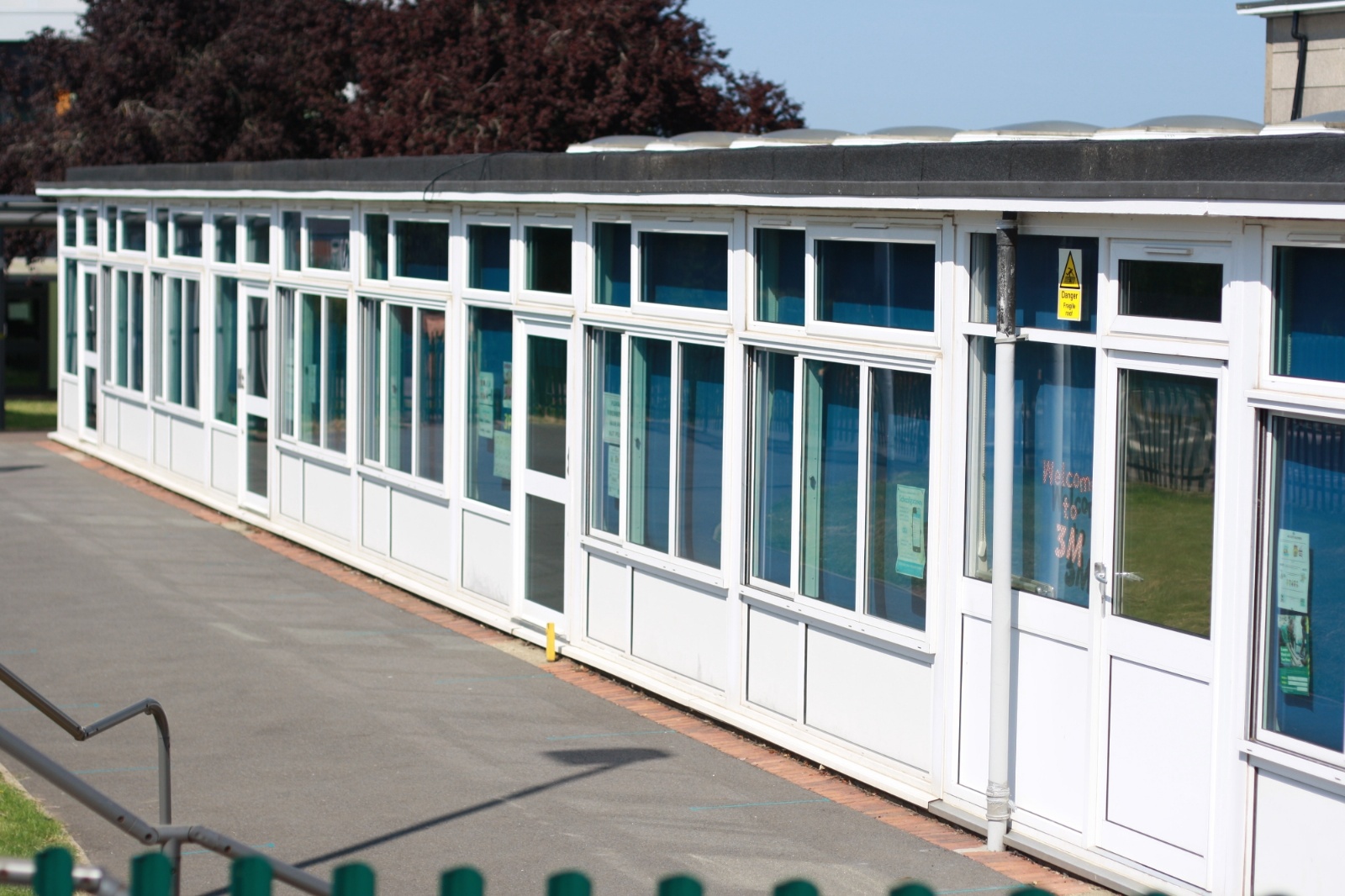
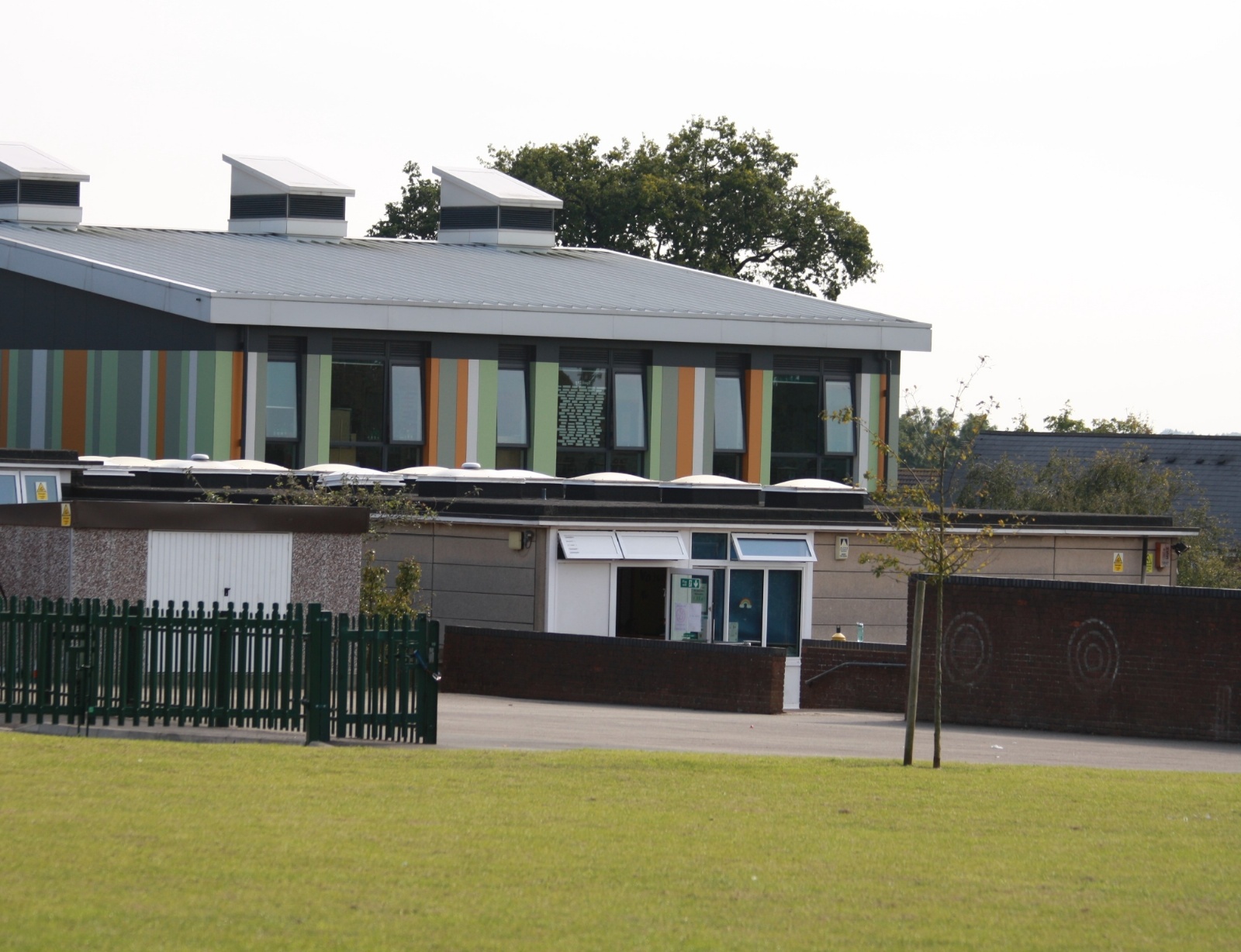
.JPG)
.JPG)
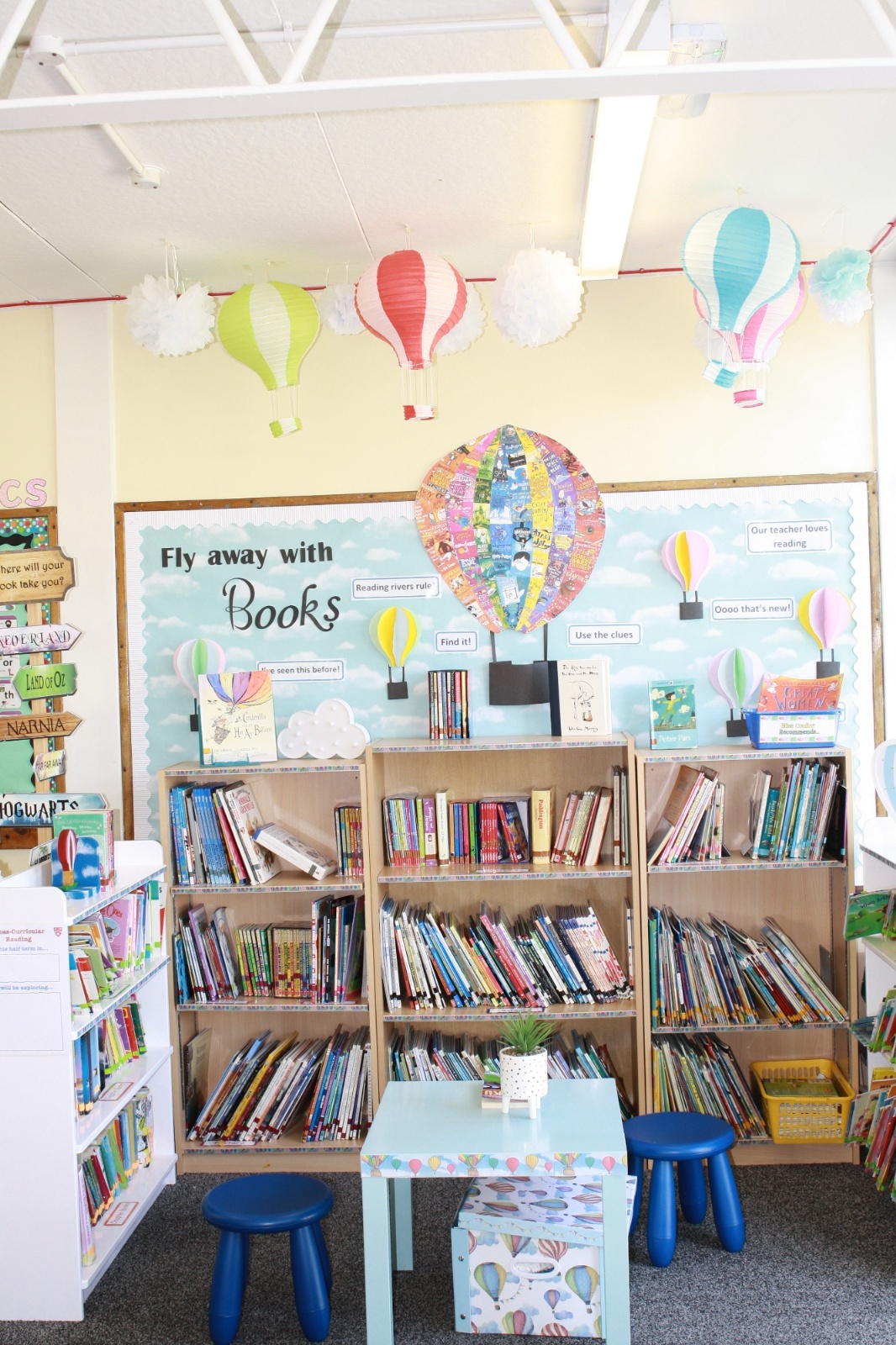
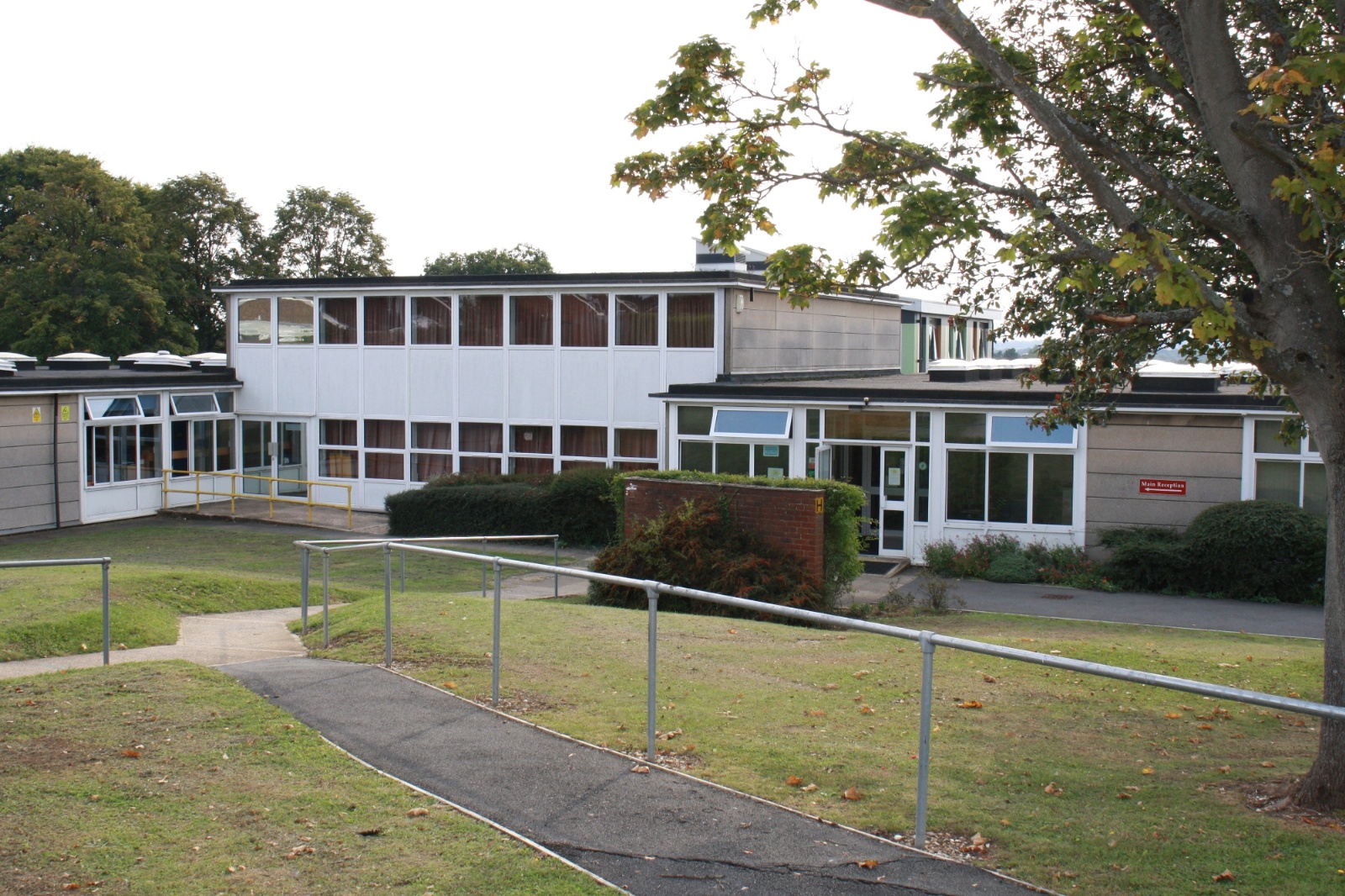
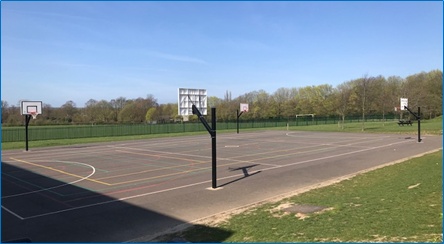
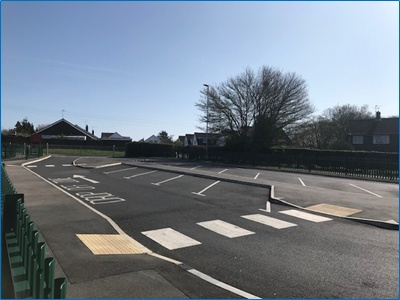
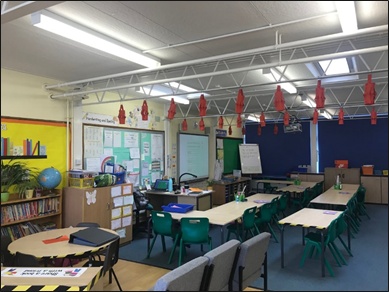
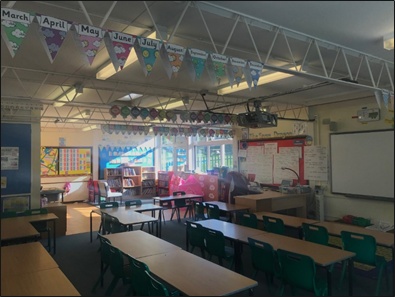
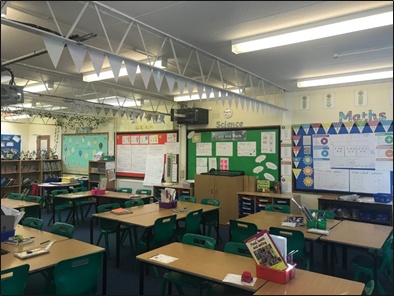
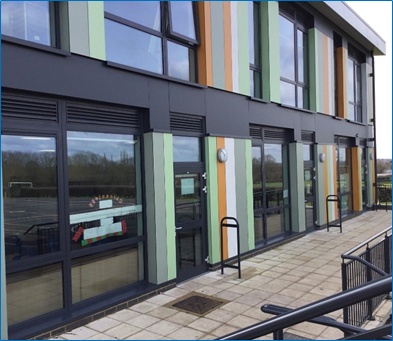
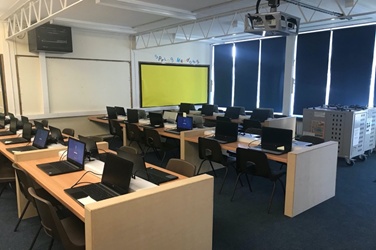
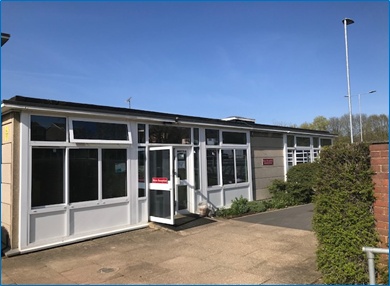
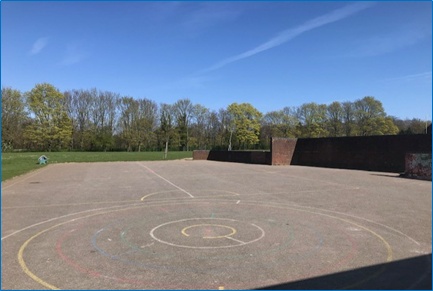
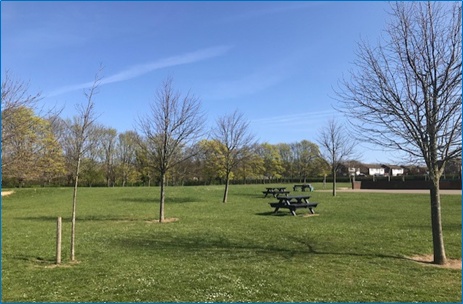
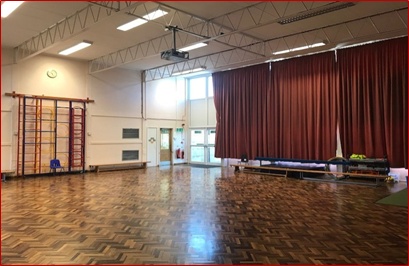
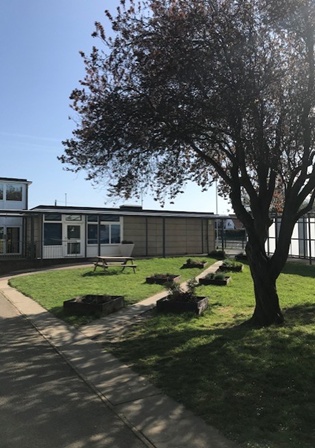
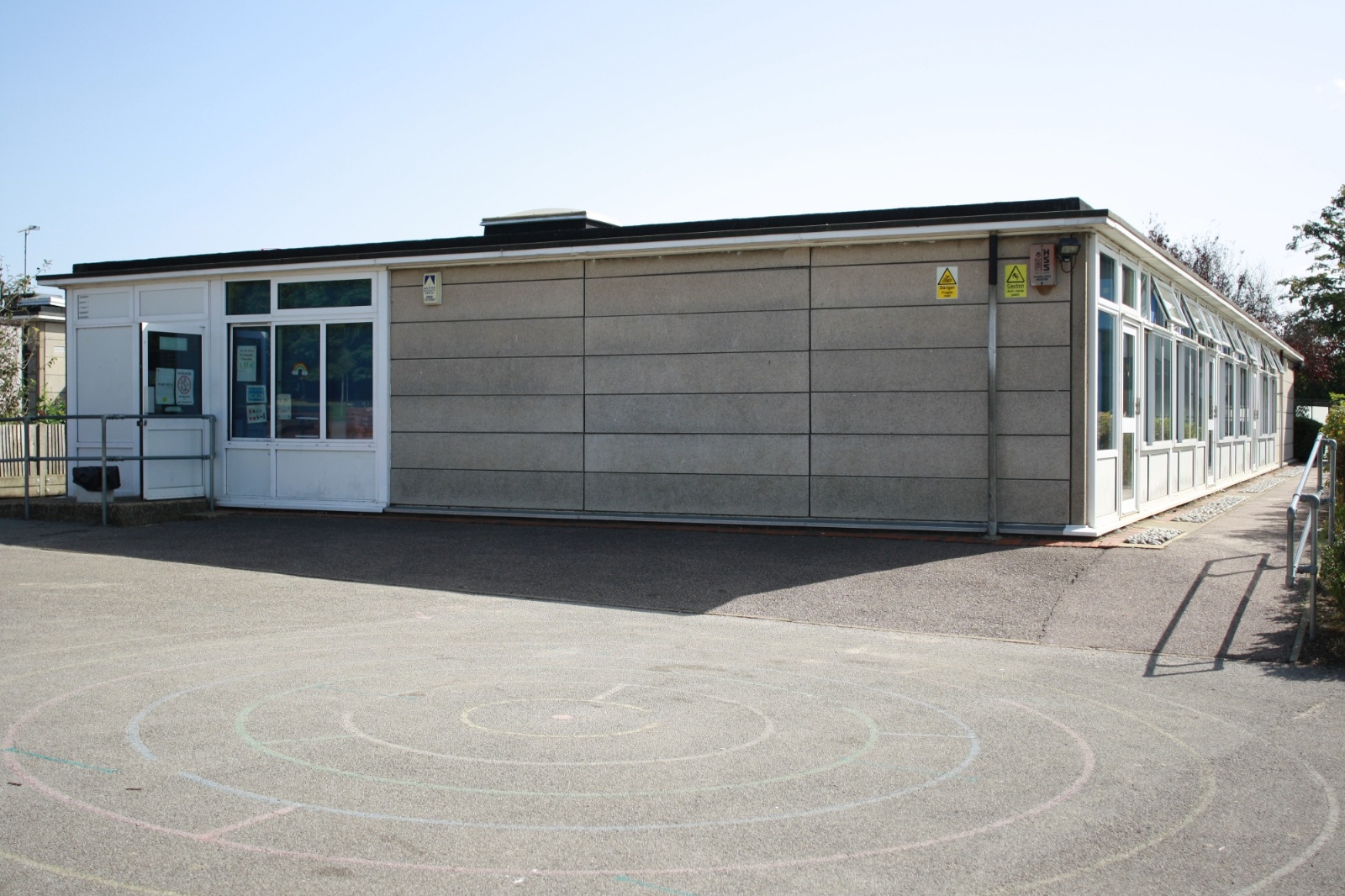
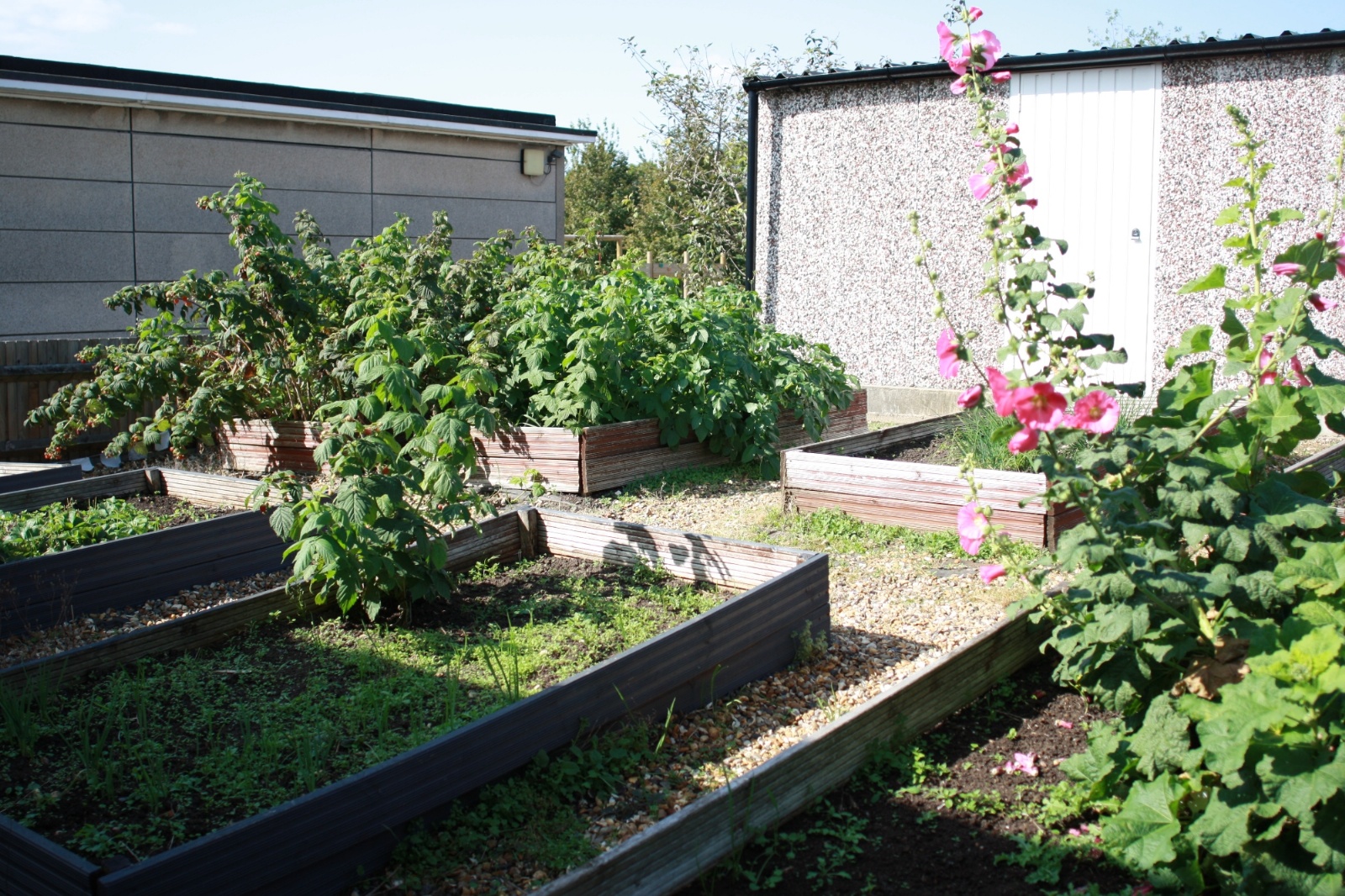
.jpg)
.jpg)
.jpg)
.jpg)
.jpg)
.jpg)